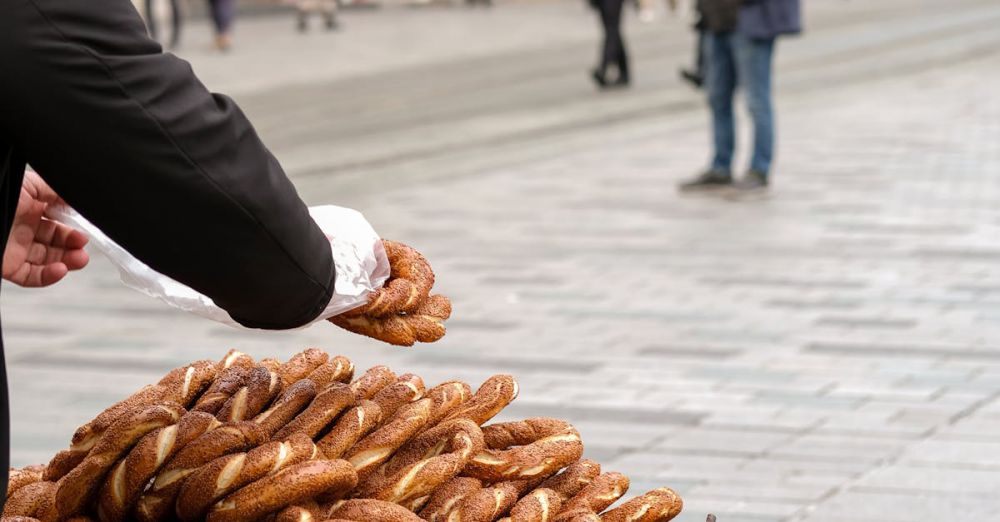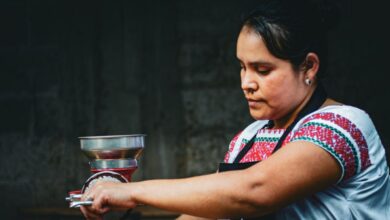What Are the Most Authentic Indigenous Experiences
In a world increasingly driven by globalization and modernization, the quest for authentic experiences often leads travelers to explore Indigenous cultures. These encounters provide not only a glimpse into the rich tapestry of traditions but also an opportunity for mutual understanding and respect. Authentic Indigenous experiences can enrich your perspective, allowing you to appreciate the deep-rooted connections these communities maintain with their lands, histories, and spiritual beliefs.
Cultural Immersion Through Storytelling
Storytelling is a cornerstone of Indigenous cultures worldwide. Engaging with local storytellers offers profound insights into their histories, values, and worldviews. In many Indigenous communities, oral traditions pass down knowledge through generations. Participating in a storytelling session allows visitors to hear firsthand accounts of creation stories, struggles, and triumphs that shape the identity of these communities. Whether it’s a cozy gathering around a fire or a formal event, these narratives create a bridge between cultures, fostering empathy and understanding.
Traditional Art and Craft Workshops
Art serves as a powerful medium for expressing culture and identity. Participating in workshops led by Indigenous artisans provides an intimate look at their creative processes. From pottery to weaving and beadwork, these workshops often incorporate traditional techniques that have been honed over centuries. Learning the significance behind each art form reveals the stories and beliefs embedded within them. Visitors not only gain a new skill but also leave with a tangible piece of culture that symbolizes their connection to the community.
Nature and Land Connection
Indigenous cultures often possess a profound relationship with nature, viewing the land as a living entity rather than a mere resource. Guided nature walks led by Indigenous elders or knowledgeable community members can unveil this connection. Participants learn about traditional ecological knowledge, including sustainable practices that have been employed for generations. Understanding the spiritual significance of certain plants, animals, and landscapes can transform the way you perceive the environment, fostering a sense of respect and responsibility toward the Earth.
Ceremonial Participation
Participating in Indigenous ceremonies can be a transformative experience. Many communities welcome visitors to partake in rituals, celebrations, or other significant events, provided they approach with respect and genuine interest. These ceremonies often encompass music, dance, and spiritual practices that are fundamental to the community’s identity. While participation is sometimes limited, observing these events without intrusion can still impart valuable lessons about the community’s values, beliefs, and collective consciousness.
Gastronomy and Traditional Cuisine
Food is a vital aspect of cultural identity, and Indigenous cuisines are no exception. Engaging in culinary experiences that highlight traditional ingredients and cooking methods opens a new avenue for understanding a community’s heritage. Many Indigenous groups offer cooking classes or food tours, showcasing unique dishes that reflect their historical ties to the land. These experiences often reveal the significance of food in ceremonies, daily life, and social gatherings, providing insights into the community’s customs and values.
Sustainable Tourism Practices
As interest in Indigenous experiences grows, so does the need for sustainable tourism practices that respect and support local communities. Authentic experiences are often offered through community-owned enterprises that reinvest profits back into the community. By choosing to engage with these initiatives, travelers contribute to the preservation of Indigenous cultures and support their economic independence. This form of tourism fosters a reciprocal relationship, where both visitors and Indigenous peoples benefit from the exchange.
Engaging with Local Communities
The most authentic Indigenous experiences stem from genuine interactions with local communities. This means taking the time to learn about their histories, struggles, and aspirations. Building relationships based on mutual respect fosters trust and paves the way for more meaningful exchanges. Engaging in volunteer opportunities, participating in local events, or simply sharing stories with community members can deepen your understanding and appreciation of their unique ways of life.
Reflecting on Your Journey
As you embark on your exploration of Indigenous cultures, it’s essential to reflect on your experiences mindfully. Consider the impact of your presence in these communities and the importance of leaving a positive legacy. Authentic Indigenous experiences are not merely about witnessing traditions; they involve a commitment to understanding and supporting the resilience of these cultures. Ultimately, these journeys can lead to personal growth and a broader awareness of the world’s diversity, making your travels more enriching and transformative.







